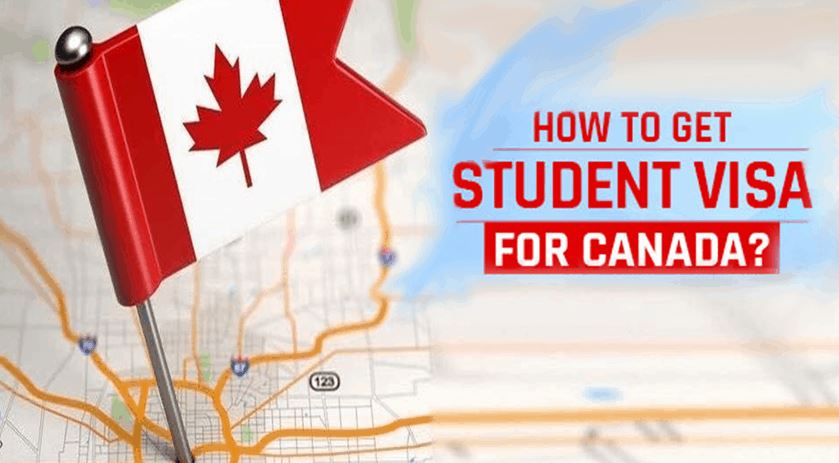Introduction
Are you considering studying in Canada? Have you been accepted into a Canadian university or college and are now wondering how to apply for a student visa? Look no further, as this guide will provide you with all the necessary information and steps to successfully obtain your Canada student visa.
What is a Canada Student Visa?
A Canada student visa, also known as a study permit, is a document issued by the Canadian government that allows international students to enter and stay in Canada to study. This visa is required for all international students, except those from visa-exempt countries. It is important to note that a student visa does not guarantee entry into Canada, as it is ultimately up to the immigration officer at the port of entry to determine if you are eligible to enter the country.
Eligibility Criteria
Before applying for a Canada student visa, it is important to ensure that you meet the eligibility criteria set by the Canadian government. These criteria include:
- Letter of acceptance from a designated learning institution in Canada
- Proof of financial support to cover tuition fees, living expenses, and return transportation
- Clean criminal record
- Good health and medical insurance coverage
- Willingness to leave Canada at the end of your study program
Application Process
- Gather all necessary documents: The first step in applying for a student visa is to gather all the required documents, including a valid passport, letter of acceptance from a Canadian school, proof of financial support, etc.
- Apply online or on paper: You can either apply for your student visa online through the Immigration, Refugees and Citizenship Canada (IRCC) website, or the Canadian embassy/consulate in your country.
- Pay the application fee: The current application fee for a study permit is 150 CAD. This fee is non-refundable, even if your application is refused.
- Submit your application: If applying online, you will need to create an account on the IRCC website and upload all required documents. If applying on paper, you will need to submit your application and documents to the nearest Canadian embassy/consulate.
- Wait for a decision: The processing time for a Canada student visa varies depending on your country of residence. You can check the current processing times on the IRCC website.
- Provide biometrics (if required): Some applicants may be required to provide biometric information, which includes fingerprints and a digital photo.
- Receive your visa: If your application is approved, you will receive your student visa in the form of a letter of introduction that you must present at the port of entry when you arrive in Canada.
Post-Arrival Responsibilities
Congratulations, you are now a student visa holder and can enter Canada to begin your studies. However, it is important to note that certain responsibilities come with being a student visa holder:
- Maintain full-time student status: As an international student, you must be enrolled and actively pursuing a full-time course load to maintain your student visa status.
- Keep your documents valid and up-to-date: You must ensure that all your documents, including your passport, study permit, and temporary resident visa (if applicable) remain valid at all times. It is your responsibility to apply for an extension if needed.
- Work restrictions: Most international students are allowed to work part-time while studying in Canada. However, it is important to check the conditions of your study permit to ensure you are not breaking any work restrictions.
- Adhere to visa conditions: As a student visa holder, you must adhere to all visa conditions, including leaving Canada at the end of your studies and not working without proper authorization.
Conclusion
Applying for a Canada student visa may seem like a daunting process, but by following these steps and meeting the eligibility criteria, you can successfully obtain your student visa and begin your journey as an international student in Canada. Remember to always keep your documents valid and adhere to visa conditions to maintain your status in Canada. Good luck on your academic journey! So, I hope this article has provided you with all the necessary information and guidance on how to apply for a Canada student visa. If you have any further questions or concerns, visit the official IRCC website or contact the Canadian embassy/consulate in your country.
